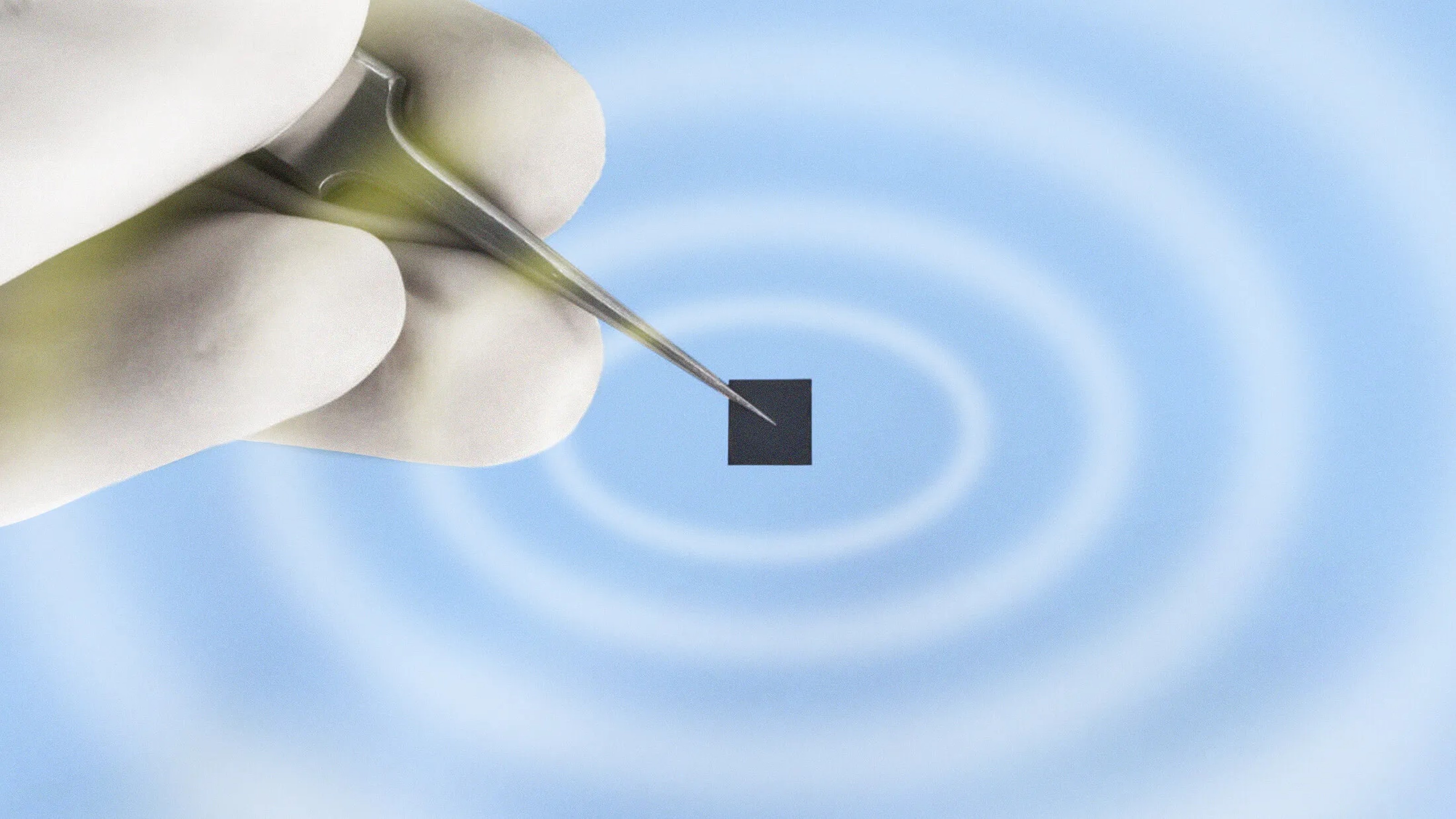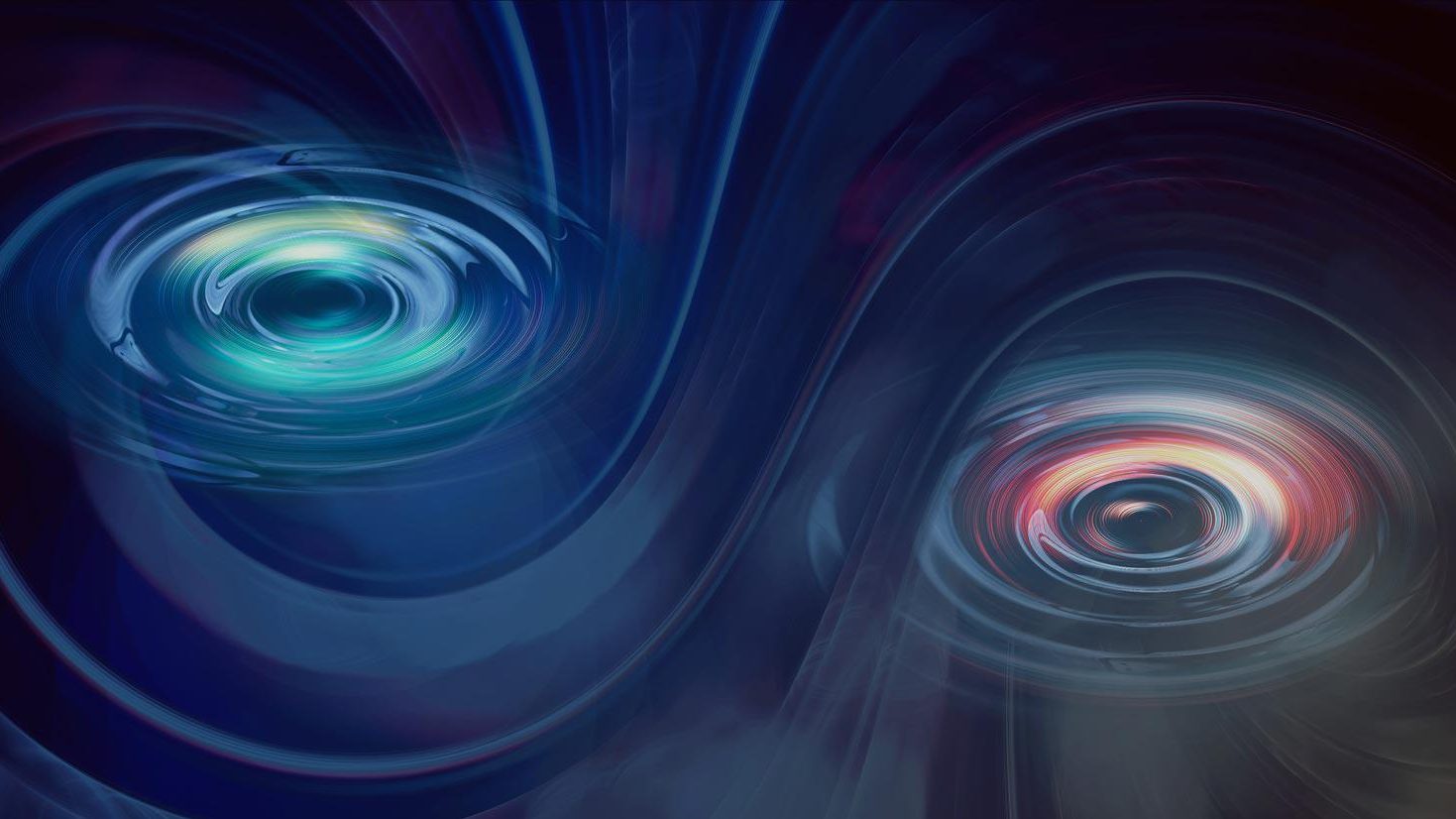Every Wednesday, Michio Kaku will be answering reader questions about physics and futuristic science. If you have a question for Dr. Kaku, just post it in the comments section below and check back on Wednesdays to see if he answers it. Today, Dr. Kaku addresses a question posed by Felipe Cespedes:
Why is battery or portable energy technology so primitive? What time frame would you give for when Laptops will hold a single charge for a week?
Michio Kaku: 100 years ago Henry Ford and Thomas Edison were friends. They were rivals, but they were friends and they made a bet as to how the cars of the future would evolve. Edison thought it would be the electric car and he pioneered many inventions in batteries. Ford said: “No, no way. I mean it’s going to be fossil fuels. It’s going to be gasoline.” Well everybody knows who won, but the real question is who will win in the future? Will Thomas Edison have his revenge? And the answer is very simple. It comes from physics.
If you take gasoline realize that in some sense you’re looking at concentrated sunlight, concentrated sunlight from the time of the dinosaurs. It is packed with energy. Per kilogram the number of jewels of energy inside gasoline is much larger than the energy content of a battery, so it takes a very large cumbersome battery to compensate for the energy contained in gasoline, which is really quite efficient. It has been refined over decades. Pollutes like hell, but it is very efficient. That is why we need a new generation of batteries.
Some people think that nano batteries may be the future. It turns out that if you want to store energy you can store energy in parallel plates. These are called capacitors, plus, minus, plus, minus, plus, minus plates. Plates can be made extremely thin, as thin as molecules meaning that in principle you can store and enormous amount of energy using carbon nano fibers and plates called graphene.
Some people think that nanotechnology may give us super batteries, but not yet. Nanotechnology is still in its infancy, so we just have to get used to the fact that gasoline is still very efficient.
Directed / Produced by
Jonathan Fowler & Elizabeth Rodd






